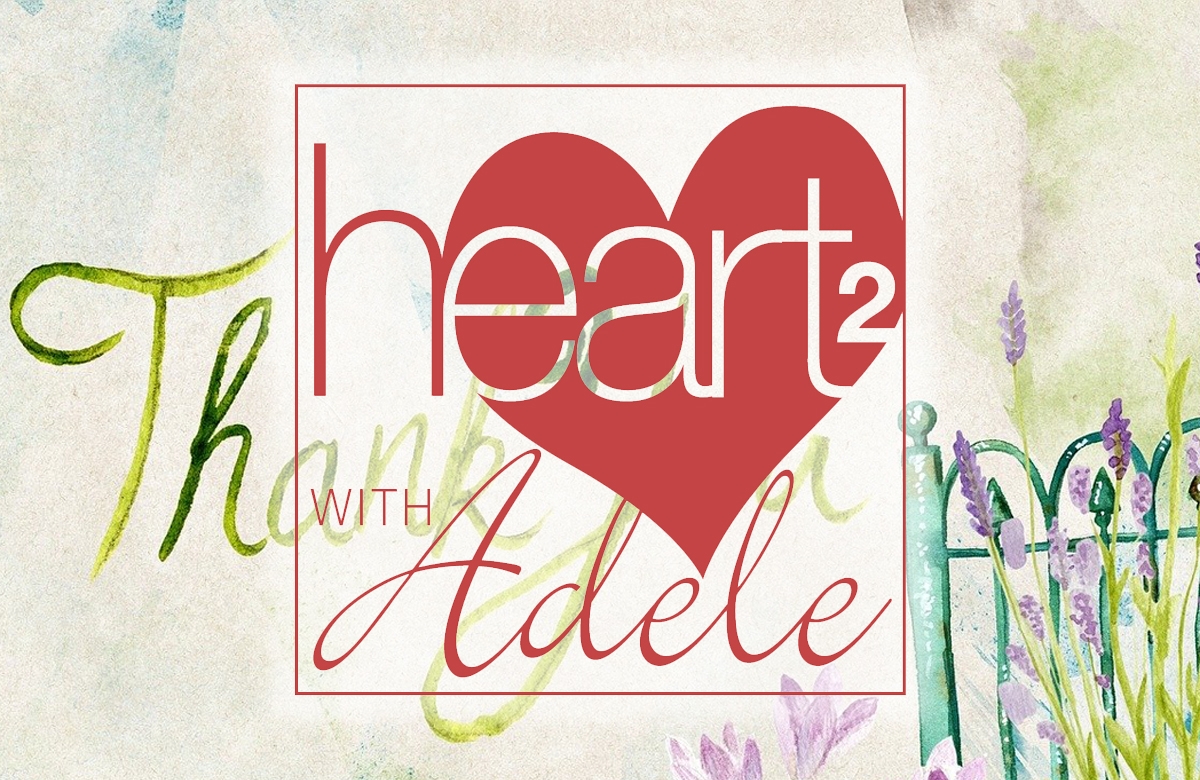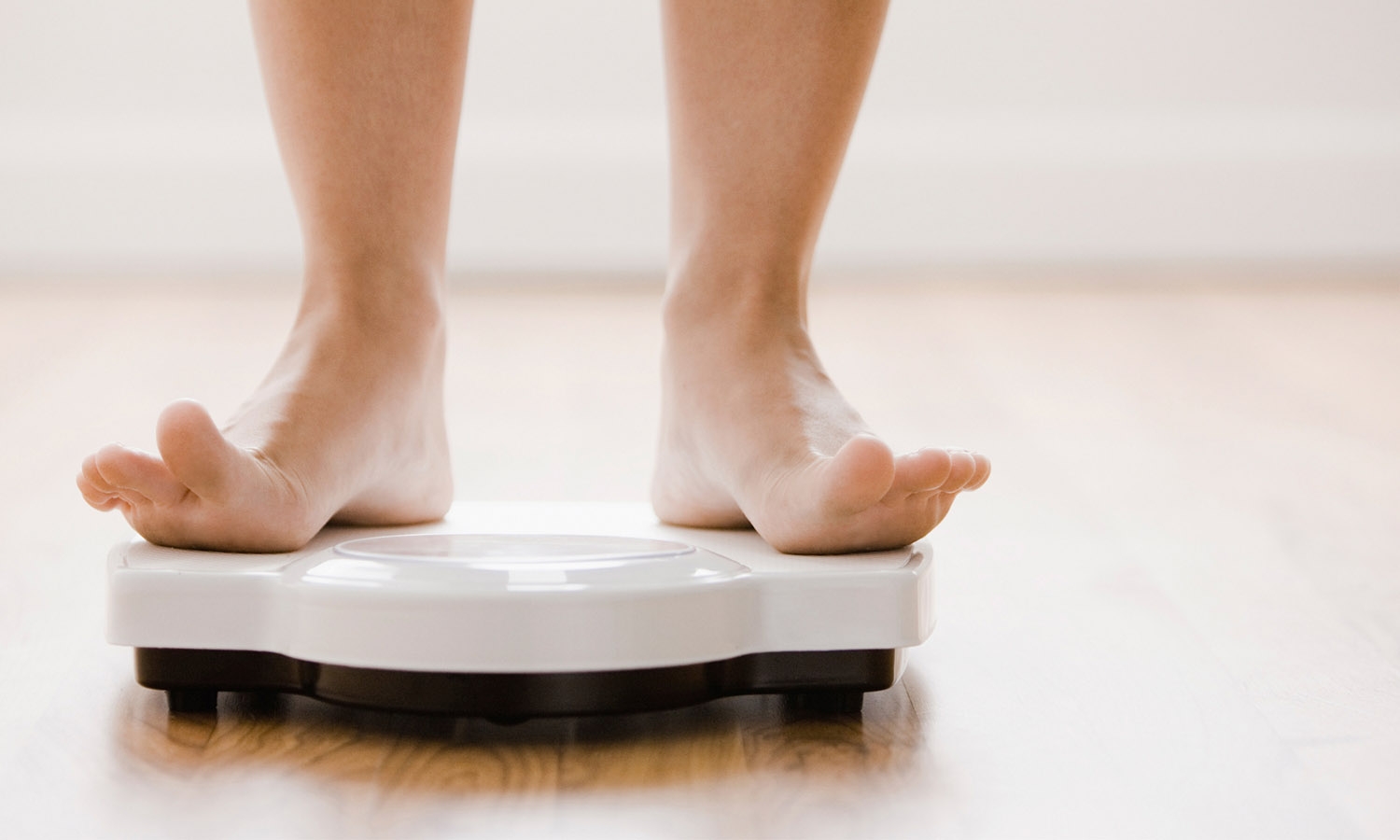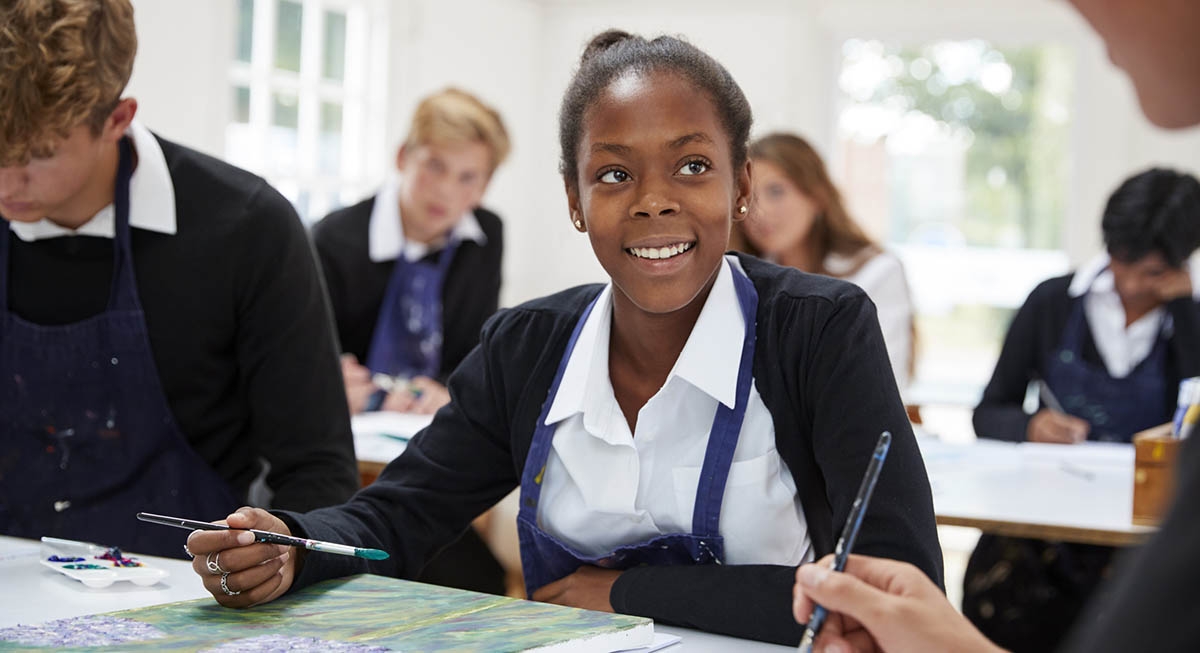
Heart to Heart with Adele: Gratitude
Dear Adele,
The holidays have come and gone, and my teenager has yet to send one thank you note to his grandparents, to his aunts and uncles, or to our friends who have so generously remembered him at Christmas this year, with gifts like snowboards, computer games and tickets to an Ottawa Sens home game. My husband says to forget it, and that kids don’t do that anymore. I say it is only good manners to respond to gift givers with a few lines on a thank you note. What is your take on this?
Old School Mom
Dear Old School Mom,
“Gratitude is said to be the greatest of all virtues and the parent of all the rest.” – On the Wings of Gratitude
Teaching your child how to be virtuous, generous, grateful, well mannered, and a standup, good citizen is a value you and your husband share I expect. Teaching and guiding him in becoming a grateful man and knowing how to express thanks for anything, to anyone, is an important part of that training you are trying to provide as solid parents. You are experiencing a few roadblocks in my assessment.
The first is that you and your husband are not on the same page.This is a problem in your parenting that you might want to address. When parents present a united front on anything they are much stronger in getting compliance from their children on anything. You need to talk it out with your husband, out of earshot from your boy, come to a mutually satisfactory decision, and then figure out jointly how you will proceed.
The second roadblock you have is lack of compliance from your son with your expectation that he send a note of thanks to gift givers. Getting teenagers to follow through on an adult’s request can be made much easier and occur more regularly if you put a few features in play.
Be sure your request is reasonable, fair, clear and simply stated or written. Present the request in a calm, quiet voice at a time when your teenager’s circumstance is unrushed and relatively unstressed. Say his name, wait for eye contact and ensure he is focussed on you with no other distractions. Use I statements and polite words as you would with an employee or another parent at a PTA meeting. Remember to never say or request anything you are not one hundred percent ready, willing and able to enforce.
A good example might sound like,
“Peter. Could I speak to you for a minute? I would like you to complete your six thank you notes for the generous gifts that were given to you at Christmas, by suppertime on Sunday. If you need cards, pen, stamps, or addresses I can help with that. If you have trouble completing them by then yourself, Dad will forgo the hockey game you and he were supposed to watch Sunday night at 7 p.m. and help you put them together. Any questions? Thank you Peter.”
If you reread the paragraph you see the parent uses the child’s name, after which she can wait for eye contact and his total attention, before stating what she expects from her son clearly, calmly and politely. She offers help and ensures he understands the expectations. She indirectly lets him know what the parents will do if he has not complied. This has great power because the child knows both parents are on the same page and both have total control of the television set with that desired hockey game. This kind of parenting technique used consistently, usually brings cooperative compliance without repetition of the request, hounding or badgering without results, that parents sometimes complain about.
A third roadblock for you and your teenager might actually be deficient skills in writing a great thank you note. Here are a few tips for you and your son:
Keep them short and sweet. Write than by hand. Keep them personal, sincere and positive. Write them as soon as possible after receipt of the gift, favour or behaviour from which you benefited. State why you are writing the letter, what the person did for you and why it impacted you. Be sure to proofread it.
You and your adolescent might find some of these opening phrases helpful to get started:
Thank you from the bottom of my heart…
I want to thank you for everything you have done for me….
How can I thank you enough…
Thanks a million for…
You touched my heart when you….
You are the best! A thank you is in order.
Thank you for your awesomeness! I absolutely loved…
Research on the benefits of gratitude for people, such as that coming out of the Greater Good Science Centre at Berkeley University in California, US, tells us that grateful people are happier, physically and mentally healthier, have higher incomes, have stronger bonds to community and can expect to live up to seven years longer. Grateful teenagers are 20 per cent more likely to get better grades, get into 13 per cent fewer fights, and are 10 per cent less likely to start smoking. Gratitude boosts self esteem and augments performance. Grateful people are better liked and have more satisfying relationships with others. They are more resilient and handle the harrowing problems of life as a human being much, much better.
I hope my response is helpful to you in handling this common parenting problem. Teaching our youngsters to be grateful is simple but powerful in creating kind, generous, strong adults. You and your husband can lead the way by example and by guidance.
Remember as well, to tell your son how grateful you are to have him in your life journey.
Sincerely, Adele
I'm looking forward to your questions! Email me at maryadeleblair@gmail.com and please put Heart to Heart in the subject line. Note that all columns will remain anonymous.
Photo: Pixabay









